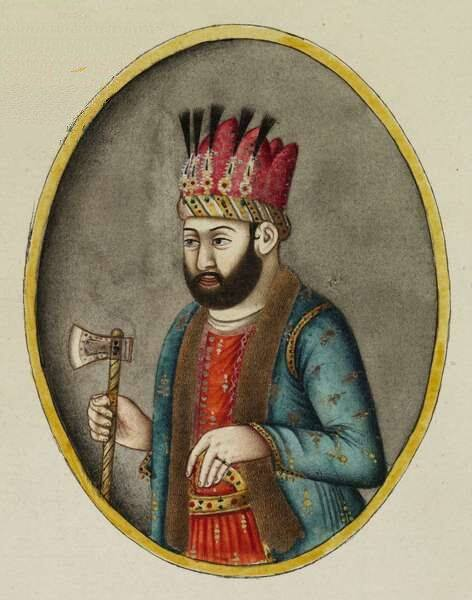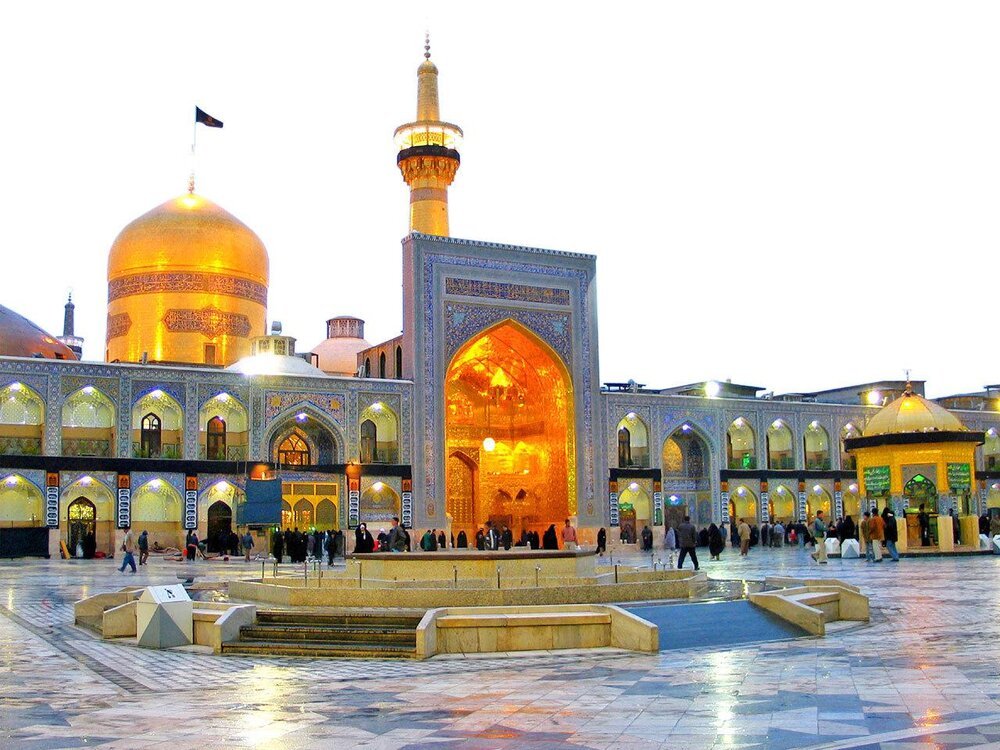
This is widely believed among Pashtuns that 'Damman' (musical entertainers and dancers) have always been non-Pashtuns who came from other places into Pashtun society, and adopted the local language and culture.
However, Pashtun culture and literature is rich in poetry, songs,
However, Pashtun culture and literature is rich in poetry, songs,
https://twitter.com/Pashz7/status/1451251273592975361
music and dances but Pashtuns in general have a dislike for those who adopt entertainment (singing, music, dancing, acting*) as a profession.
Things have changed today. Just a bit. There are many Pashtuns in the entertainment industry even from conservative & religious families.
Things have changed today. Just a bit. There are many Pashtuns in the entertainment industry even from conservative & religious families.
I say a bit because these people face tough resistance and backlash from their families and society. Some have been excommunicated for stepping into the entertainment industry.
Pashtuns use the term 'Dam' or 'Damman' for *professional* entertainers, and this is already demeaning and insulting in itself. In the recent years, the term 'Hunarmend' or 'Hunarmenda' has been popularized and has somewhat replaced the original terms 'Dam' & 'Damman'.
• • •
Missing some Tweet in this thread? You can try to
force a refresh

















